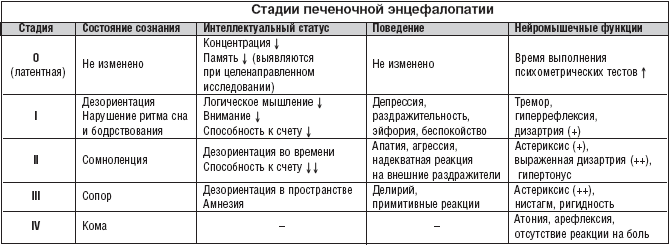Treatment of anorexia nervosa

Anorexia nervosa is a disease in which there is a pathology of eating behavior. Patients, most often women, are characterized by psychic instability, which is expressed in the fact that they distort their own body, and even if their weight is within normal limits, they still want to lose weight and are afraid of completeness, which forces them to limit themselves in eating.
Principles of treating anorexia nervosa
In most cases, patients with anorexia nervosa seek medical attention before irreversible changes occur in the body. In this case, recovery can occur without the intervention of specialists, that is spontaneously.
Significantly more complex cases are when the patient's relatives call for medical help. Then the treatment of the disease is carried out in the hospital with the help of medical therapy and psychological help to the patient, gradually returning it to a normal diet by increasing the calorie content of the food.
Most patients inpatient treatment allows you to return to normal. At the first stage of treatment, compulsory feeding is used, especially when the person's weight has decreased by more than 40% from the initial one, and the patient does not want to accept help. Then the feeding is done intravenously, the necessary nutrients and glucose are introduced into the body. Or, feeding can be done through a tube that is inserted through the nose into the stomach.
The result of the psychological help is the improvement of the patient's physical condition, and the medications supplement the sessions. Therapy of anorexia nervosa can be divided into two stages. The first of them aims to stop weight loss, and also to withdraw the patient from the state of cachexia. The second uses medicines and methods of psychotherapy.
Psychologists often try to convince a patient that he needs to return to normal life in society, work or study, communicate with others. It is these measures that can help a person to get distracted from thoughts about discontent with his body and will not allow him to get sick again with anorexia nervosa. In addition, with the help of cognitive psychology, the patient develops an adequate self-esteem that is not connected with the shape and weight of the body. The patient is taught to perceive his appearance normally and manage his behavior. The patient may be advised to keep a diary in which to describe the environment when he takes food. Individual psychological help helps to establish contact with the patient, which helps to clarify the causes of the disease.
Methods of family psychotherapy can have a strong effect if the disease manifests itself in young children, which can be caused by various changes in the relationships within the family. By the way, parents of children suffering from anorexia often sell food or work in the food industry.
Medications are used in the treatment of anorexia nervosa as ancillary. Cyproheptadine is used to increase weight. If a person demonstrates compulsive and excited behavior, then it is possible to use chlorpromazine or olanzapine. Fluoxetine is prescribed to reduce the number of relapses. Atypical antipsychotics affect the level of anxiety, reducing it.
For the period of treatment, a stable and calm atmosphere is created around the patient, where he receives any support, combining bed rest and physical wellness exercises that help weight gain and increase the amount of estrogen in the blood, and apply behavioral therapy techniques. An example of such techniques may be the situation where, if the patient ate everything he was offered, he can be encouraged, for example by an extended walk time, etc.
Considerable value in the treatment of anorexia nervosa has a diet. First, the patient is given not very high-calorie food, but gradually the content of calories rises. The patient's diet is made up according to special schemes, which prevent damage to the stomach, the appearance of edema, etc.



